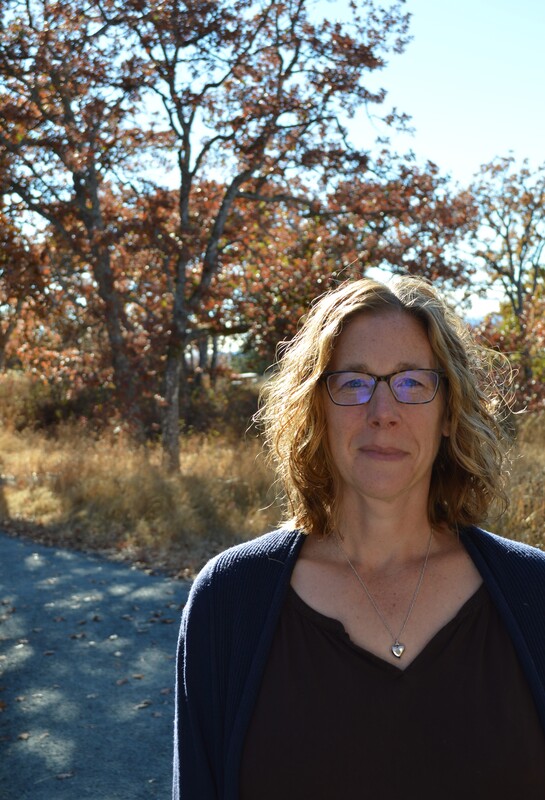|
I'm angry because you died.
I'm angry because you left me here. I'm angry because you were too young to go. I'm angry because we have no future together. I'm angry because people say stupid things. I'm angry because I had expectations. I'm angry because I believed them. I'm angry because you are gone. I'm angry because you died. It's ok to feel angry after your loved one died. It's often the one emotion that is pushed back, pushed aside or pushed down. We are taught that anger is a negative emotion, and we shouldn't feel it. That we shouldn't connect with it. But, like all the emotions it deserves its rightful time with us. I felt angry that my daughter died. Not immediately, but after some time it came up for me. And I still feel it often, quite often. But now I know it won't last forever and I know it will come up again and I know I can I get through it. It's more comfortable now. I wear it better. I still don't like it, but it doesn't consume me. That's what grief has taught me.
0 Comments
It's always this time of year as the weather changes, the leaves start to turn, the geese fly over head, that I start to think of a time 9 years.
|
About MeNo info at the moment Archives
April 2023
Categories |
